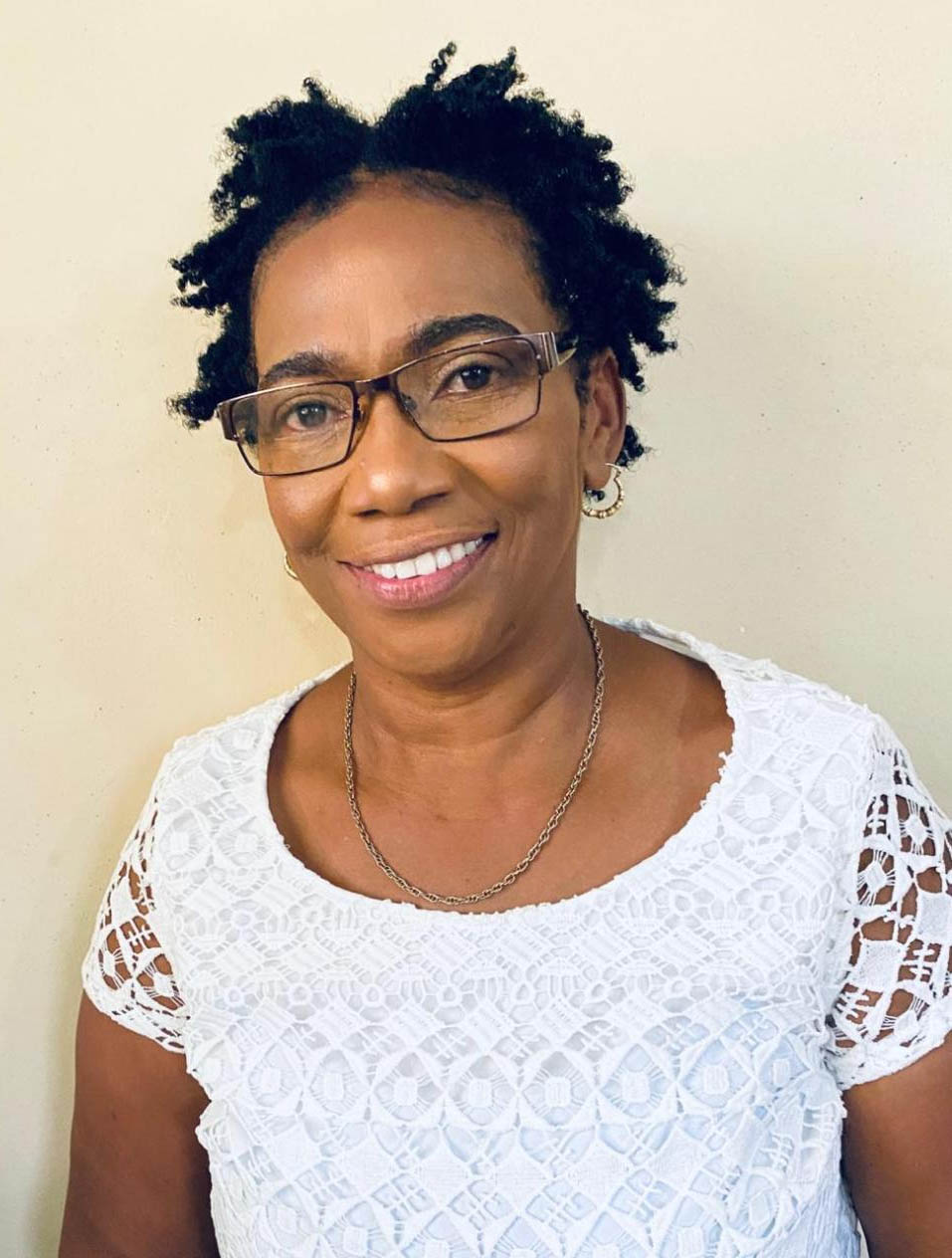It would probably take a great deal of persuasion, even in an era when there are far fewer workplace gender barriers than had been the case a decade or two ago, to cause one to believe that a modern plywood manufacturing company, the largest such enterprise in the Caribbean, has placed its operating reins in the hands of a woman.
This, as it happens, is the case at Barama Company Limited’s Land of Canaan operations, a company that has its roots in that widespread Asian reputation for an uncompromisingly rigorous work ethic. These days, the now admittedly much-transformed company, has placed its faith largely in the hands of a Guyanese woman who has been quietly and unfussily delivering to high standards.
Patricia Mingo-Griffith is directly answerable for both the volumes and quality of the Barama product. The local and regional history of management in the productive sectors may not fit in with this particular gender preference and yet this is what obtains at Barama.
Once you engage Patricia you quickly dispel such notions as you might have fashioned that her position as Barama’s factory manager is some kind of sinecure contrivance, designed to fit in with the dictates of gender balance. Her credentials from her more than twenty five years of service at the company, some of them through demandingly difficult years, have been built on hard graft, relentless commitment and, she says, a preparedness over time to prove herself in management positions that were otherwise dominated by men. These qualities have made her a critical cog in the Barama wheel. She has thrived in the various capacities that she has served specifically because she has ‘earned her corn,’ her continual preferment deriving from the value she has continually added to the company.
Campbellville Secondary School, the Government Technical Institute, and the University of Guyana, are the three formal learning institutions that shaped Patricia’s professional path. Setting aside her studies in a range of areas including carpentry, joinery and draftsmanship, she has ‘worked’ the day shifts and the night shifts on the factory floor alongside conventional gender-sensitive male colleagues. When the time came she transformed camaraderie into leadership-driven relationships that got the best out of her colleagues, simultaneously enhancing her status as a leader.
Long before she began to sit in the company boardroom she had already been aware of its absence of gender balance (private sector boardrooms in Guyana are, to this day, still overwhelmingly gender-imbalanced) though it seemed at an even earlier stage that she was preparing to break through the glass ceiling. She had already been amongst some of the earliest Guyanese employees at the then wholly Malaysian-owned company and had to push aside a language barrier which, she concedes, she found it difficult to surmount, in order to learn as much as she could from the focussed Malaysians about plywood production.
Even in the telephone interview, a necessary stricture that is now part of the arsenal of measures used to combat the novel coronavirus, you do not fail to detect the zone of confidence in which Patricia now dwells. Not least amongst the prized possessions wrested from her tenure at Barama is the company-wide acceptance of the practical value that she adds to the viability of Barama as well as the gender-blind respect that she has gained from her male colleague managers as a woman who, in every respect, is ‘at the top of her game.’
As the Senior Manager responsible for the revenue-earning nerve centre of the company, Patricia is answerable directly to the Chief Executive Officer. Below her are two senior supervisors and an array of other individuals in key supervisory positions; men, and women, none of whom are unmindful of the ‘Iron Lady’ reputation that she has earned for her unswerving commitment to high standards.
It is a tribute to the company’s appreciation of the ‘people skills’ that she had acquired from her tenure in the factory that she was asked to serve as Human Resources Manager in a company that has not been without its industrial relations challenges. Shifts of this nature have meant that Patricia has had to continually re-invent herself, making sweeping transformations from the job-specific factory attire of overalls that make few if any concessions to gender, to high heels and hairdos. What has made these transformations both challenging and rewarding, she says, is the fact that long before her first assignment as Human Resources Manager hit her desk, she had already learnt much coping with the shop floor at Barama.
Substantively, the job of Human Resources Manager, she says, has made her more acutely aware of the importance of that mix of sensitivity and firmness necessary to ensure that employee attitudes and aptitudes fit in with the focus of the company. In the production stream she has long learned to ‘know her plywood,’ to become intimate with the technical underpinnings of the production process; and if, on the factory floor, there may, perhaps, be the ever present likelihood that male counterparts might be inclined to ‘try her’ for mettle and stamina, that does not faze her in the least. Simply put, Patricia appears to be entirely on top of her game.








